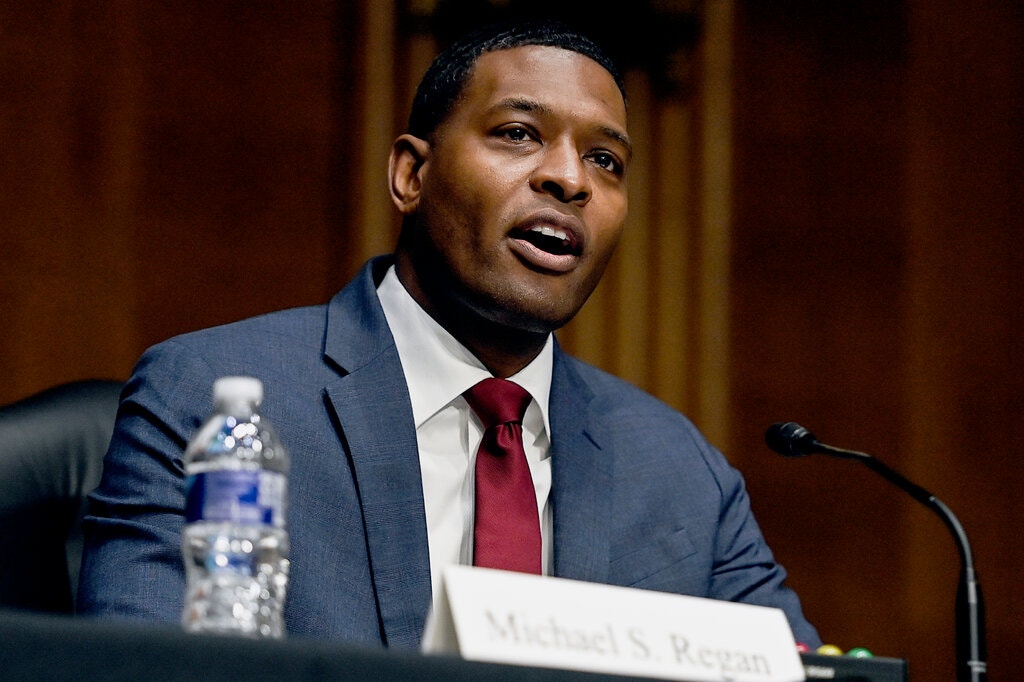Michael Regan appointed as first Black administrator to lead E.P.A.
Yesterday the Senate confirmed Michael S. Regan, 44, to lead the Environmental Protection Agency within President Biden’s administration. He will become the first Black administrator of the organization.
According to the New York Times, Regan, an environmental regulator for North Carolina, has worked in environmental and renewable energy advocacy before becoming secretary of North Carolina’s Department of Environmental Quality, will be tasked to rebuild an agency that lost thousands of employees under the Trump administration. Central to Mr. Regan’s mission will be putting forward aggressive new regulations to meet President Biden’s pledge of eliminating fossil fuel emissions from the electric power sector by 2035, significantly reducing emissions from automobiles and preparing the United States to emit no net carbon pollution by the middle of the century. Several proposed regulations are already being prepared, administration officials have said.
His nomination was approved by a vote of 66-34, with all Democrats and 16 Republicans voting in favor.
In his testimony before the Senate last month Mr. Regan assured lawmakers that when it comes to E.P.A. policies, “I will be leading and making those decisions, and I will be accepting accountability for those decisions.”
Mr. Regan has a reputation as a consensus-builder who works well with lawmakers from both parties. North Carolina’s two Republican senators, Thom Tillis and Richard Burr voted to support his nomination. Even Senate Republicans who voted against him had kind words.
But Mr. Regan said he did intend to act aggressively in carrying out Mr. Biden’s agenda of fighting climate change.
Precisely what that will look like within the E.P.A., and particularly in the electricity sector, remains unclear, but administration officials have already hinted that they intend to create a new regulation to rein in the second largest source of United States emissions.
Another expected focus of Mr. Regan will be environmental policy impact on poor and minority communities. He has called environmental justice an issue “that is near and dear to my heart” and told lawmakers he intended to bring on a special adviser and request additional funding to better address what experts have identified as systemic racism and inequity in environmental decision-making.


